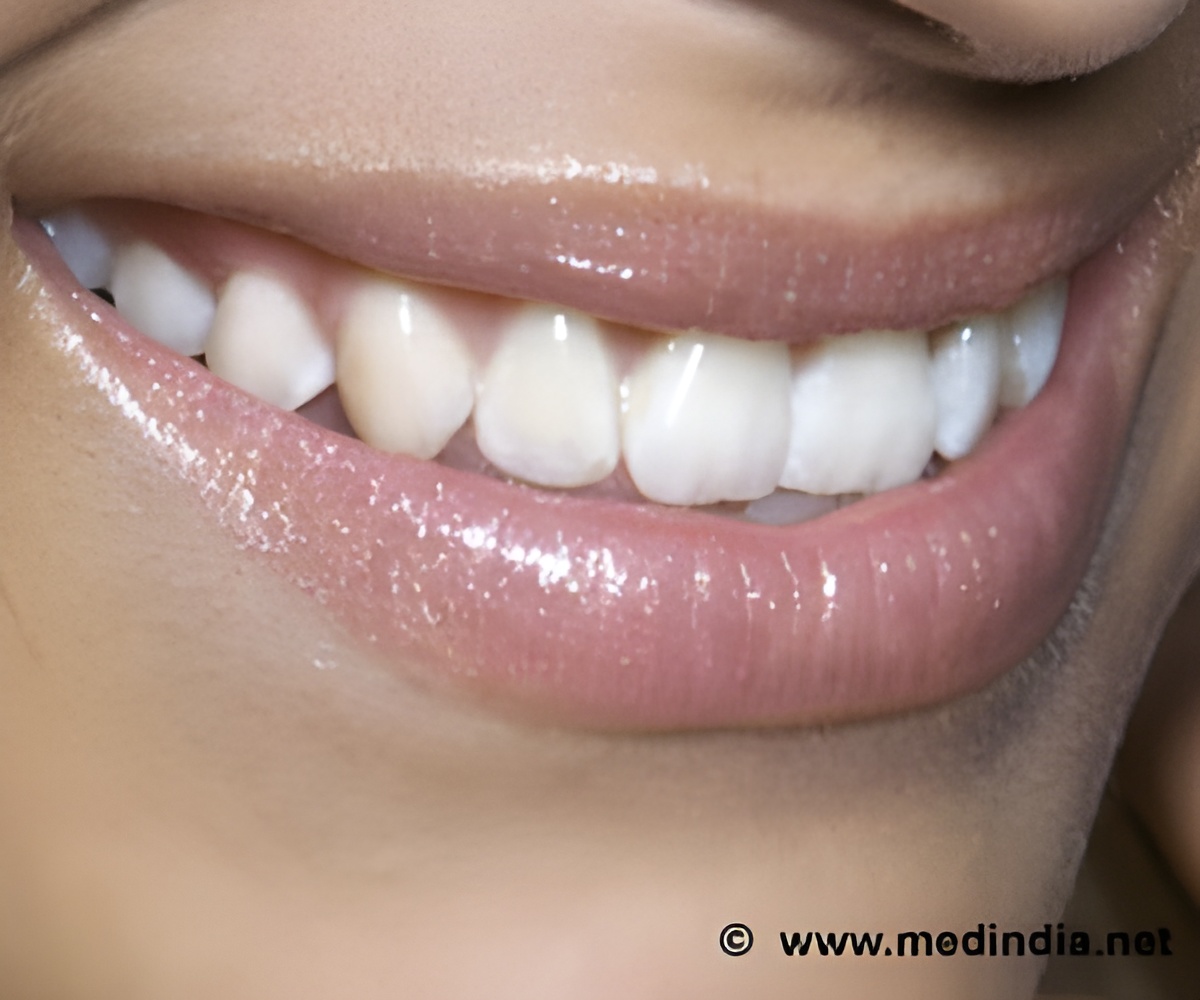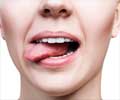Functional ability and cognitive function were strongly associated with better oral hygiene, according to a new study from the University of Eastern Finland.

‘Oral health markedly affects the quality of life, nutrition and general health in older adults. Cognitive impairment and functional dependency often lead to compromised daily oral hygiene.’





The NutOrMed - optimising nutrition, oral health and medication for older home care clients - study was started in 2013, comprising a six-month oral health and nutrition intervention among home care clients aged 75 years or older. An interview and an oral clinical examination were carried out in the intervention group of 151 participants and in the control group of 118 participants. The mean age of the intervention group was 84 years, and 85 years in the control group. The intervention group received a tailored intervention of oral and denture hygiene. They were advised to brush at least twice a day with fluoride toothpaste, and to clean interdental spaces, dentures and oral mucosa daily.
Both groups were re-interviewed and re-examined after six months. The intervention significantly reduced the number of plaque covered teeth and improved denture hygiene. The reduction in the number of plaque covered teeth was associated with functional ability and cognitive function. Despite the positive effect, nearly half of the teeth in the intervention group had plaque even after the intervention. In the control group, oral health habits deteriorated during the 6-month follow-up.
Oral health markedly affects the quality of life, nutrition and general health in older adults. Cognitive impairment and functional dependency often lead to compromised daily oral hygiene. It is a responsibility of oral care personnel to plan an individualised and realistic preventive regime for elderly home care clients. For clients who need daily help with oral hygiene procedures, support in oral hygiene should be incorporated into the daily care plan carried out by home care nurses.
Source-Eurekalert















